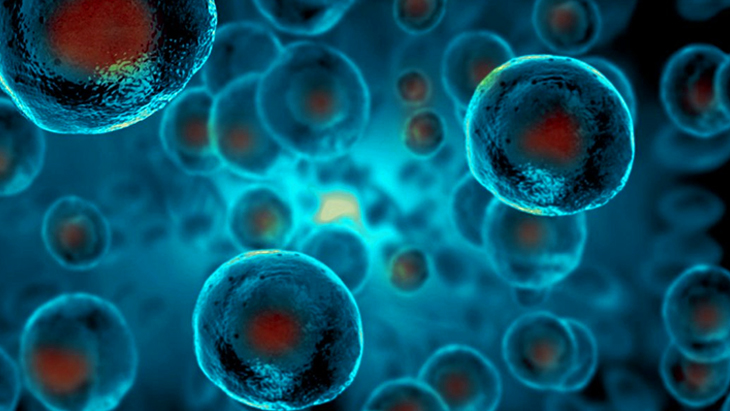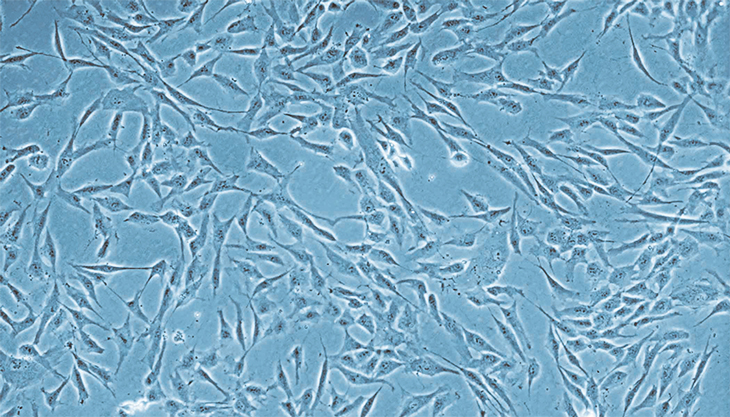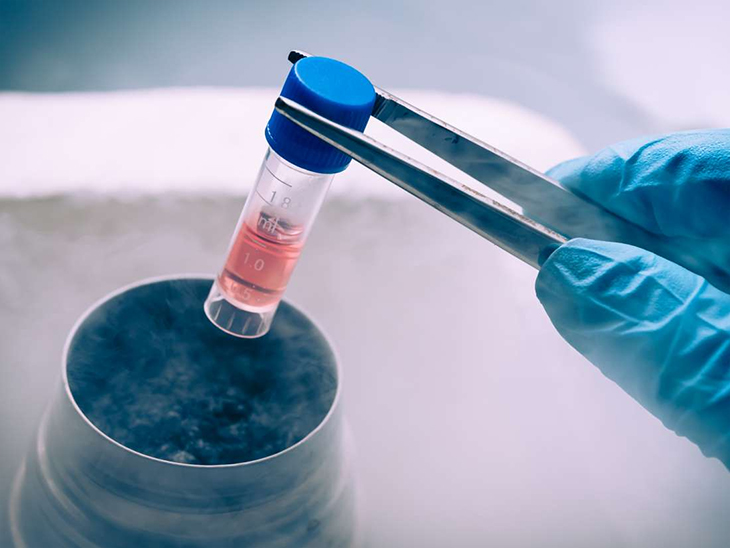
Ever since their initial discovery, stem cells have had a profound impact on the medical world. They represent an entirely new perspective on improving upon current ailments that patients experience, as well as possessing the potential to eliminate diseases outright. Because of their inherent nature, as a means of revitalizing the body, stem cells can be observed as the closest real-world equivalent to the long-sought-after fountain of youth.
Kenneth Pettine, a scientific research consultant at Direct Biologics, provides an overview detailing what stem cells are, how they work, what they have accomplished so far, and the promising future of this scientific development.
What Are Stem Cells?
Before we can understand the implications that stem cells have, it is important to define what they are, and how they function. In the plainest of terms, stem cells are unique types of cells within the body. Their definitive trait is their capability to transform into other types of cells in the human body and fulfill their functions to what is essentially an identical degree. For example, a stem cell has the ability to change into a bone cell and fulfill the function of the skeletal structure or change into a skin cell. These functions are drastically different, but stem cells retain the genetic flexibility required to perform either, says Kenneth Pettine.
Essentially, when we are born, the potency of our stem cells is at its highest level. As we get older, stem cells become less and less effective, being much more limited in terms of what they can change into. Regardless, research and testing are currently being conducted with both embryonic stem cells and adult stem cells, with a strong focus on one particular classification of stem cell: Mesenchymal stem cells, or MSCs, for short.

The MSC
The MSC can change itself to function in the following parts of the body: ligaments, cartilage, bone, and tendons. It is one of the most important stem cells in the human body and the study of the MSC may be the only way to effectively treat these more fragile and sensitive areas of human biology.
According to Kenneth Pettine MD, the MSC is an essential part of the healing process when an individual incurs a fracture or a soft tissue injury. In addition to these functions, MSCs are also capable of modulating the immune system, and it is this characteristic that emphasizes its importance in scientific study. The ability of the MSC to modulate your immune system is what makes it the most important cell in your body!
What Have Stem Cells Accomplished So Far?
As of today, there have been multiple clinical trials conducted involving the MSC. One notable study, which was conducted by Kenneth Pettine MD, was focused on reducing back pain in the participating patients. Stem cells were injected in the affected areas on each patient, with the hope that they would begin reconstructing their damaged lumbar discs. Amazingly, the results were extremely successful, with all patients reporting improvements in their back conditions, and only two out of 26 of them needing to return for an additional injection of stem cells. Dr. Pettine has published 5 year follow up results from a single injection of MSCs into painful discs causing severe chronic low back pain.
Additionally, there was also success found in the implementation of MSC stem cells in the treatment of humans experiencing arthritis, with the cells causing immediate, noticeable improvements in functionality and pain relief. Dr. Pettine has published the successful results of treating former NFL players for knee, hip and shoulder arthritis.
Kenneth Pettine on what Stem Cells will Accomplish in the Future
Currently, there are a variety of studies involving stem cells underway, with more ambitious goals of using them to tackle such diseases and conditions as Parkinson’s, multiple sclerosis, asthma, lupus, Crohn’s Disease, and fibromyalgia, amongst others. None of these autoimmune diseases have any cure. Stem cell research thus far looks promising towards finally providing one. Research is being conducted each and every day, alongside frequent clinical trials. Here are three current examples of stem cell applications that are currently being looked into.

Restoring Motor Functions
For any individuals who have impaired motor functions or outright paralysis, stem cells are currently being researched as a way to restore these functions. Patients will be able to use their affected limbs again as if they had never been affected at all.
Tissue Engineering
This process involves the growth of new organs via the use of stem cells, and it promises to help alleviate the ever-increasing demand for organ donors as an alternative means.
Stem Cell Banking
Stem cell banking refers to the extraction and storage of embryonic stem cells, with the intention of saving them for a later time by means of freezing them. Patients will be able to have an easily accessible reserve of stem cells for when they are most needed.
As one of the top 50 Spine and Specialist Surgeons in the United States, Kenneth Pettine MD has had over 30 years of experience as an orthopedic surgeon. He attributes his success to a combination of a thorough dedication and precise application of existing methods, as well as a progressive attitude towards new developments in modern medicine.


